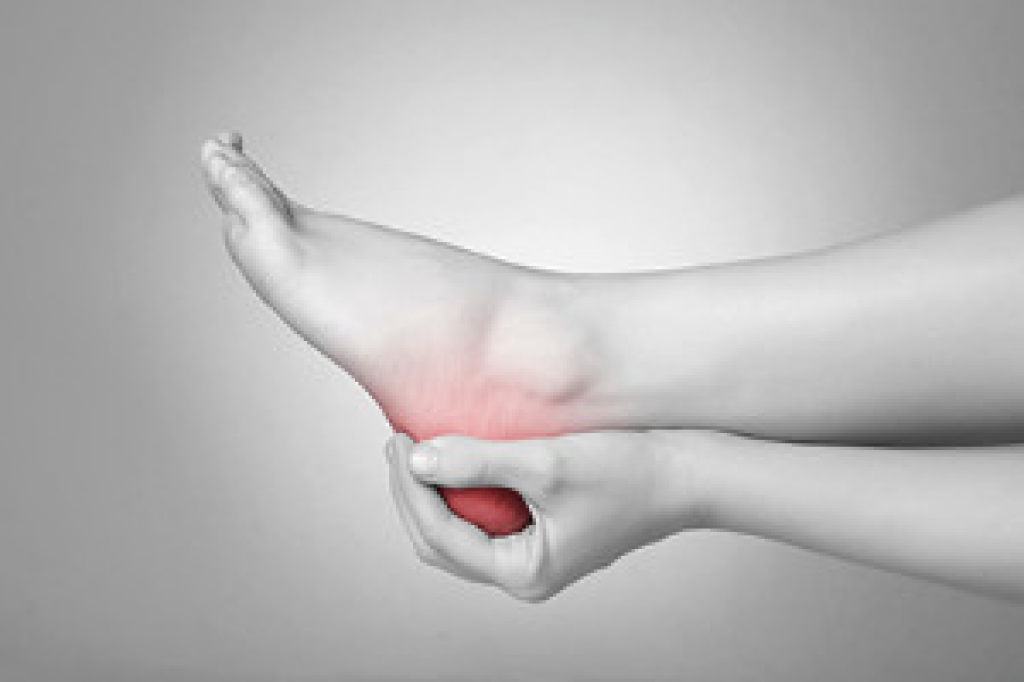
An ankle sprain occurs when the ligaments and soft tissues that support the ankle are stretched or torn, often due to a sudden twist, fall, or awkward step. Athletes, active individuals, and those wearing unstable footwear are more likely to experience this common injury. Symptoms include pain, swelling, bruising, and difficulty bearing weight. The ankle may appear swollen or discolored, and the area can feel tender, stiff, or unstable when walking. In some cases, a popping sound is heard at the moment of injury. A podiatrist can assess the severity of the sprain through physical examination and imaging, such as X-rays or ultrasound, to rule out fractures or deeper soft tissue damage. Treatment may include rest, supportive bracing, and rehabilitation exercises to restore strength and flexibility. If you suspect an ankle sprain, it is suggested that you make an appointment with a podiatrist to ensure proper healing and prevent chronic instability.
Although ankle sprains are common, they aren’t always minor injuries. If you need your ankle injury looked at, contact Peter Siroka, DPM from Connecticut. Our doctor can provide the care you need to keep you pain-free and on your feet.
How Does an Ankle Sprain Occur?
Ankle sprains are the result of a tear in the ligaments within the ankle. These injuries may happen when you make a rapid shifting movement while your foot is planted. A less common way to sprain your ankle is when your ankle rolls inward while your foot turns outward.
What Are the Symptoms?
- Pain at the sight of the tear
- Bruising/Swelling
- Ankle area is tender to touch
- In severe cases, may hear/feel something tear
- Skin discoloration
Preventing a Sprain
- Wearing appropriate shoes for the occasion
- Stretching before exercises and sports
- Knowing your limits
Treatment of a Sprain
In many cases, the RICE method (Rest, Ice, Compression, and Elevate) is used to treat ankle sprains. However, you should see a podiatrist to see which treatment option would work best with your injury. In severe cases, surgery may be required.
It is important to ask your doctor about rehab options after you receive treatment for your injury. Stretching, strength training, and balance exercises may help the ankle heal while also preventing further injury.
If you have any questions, please feel free to contact our office located in Stamford, CT . We offer the newest diagnostic and treatment technologies for all your foot care needs.




